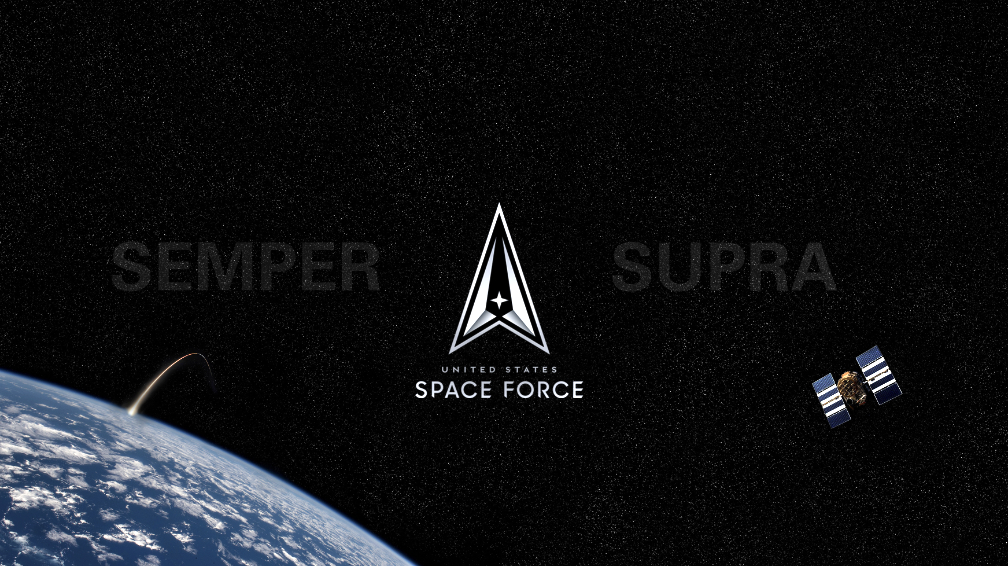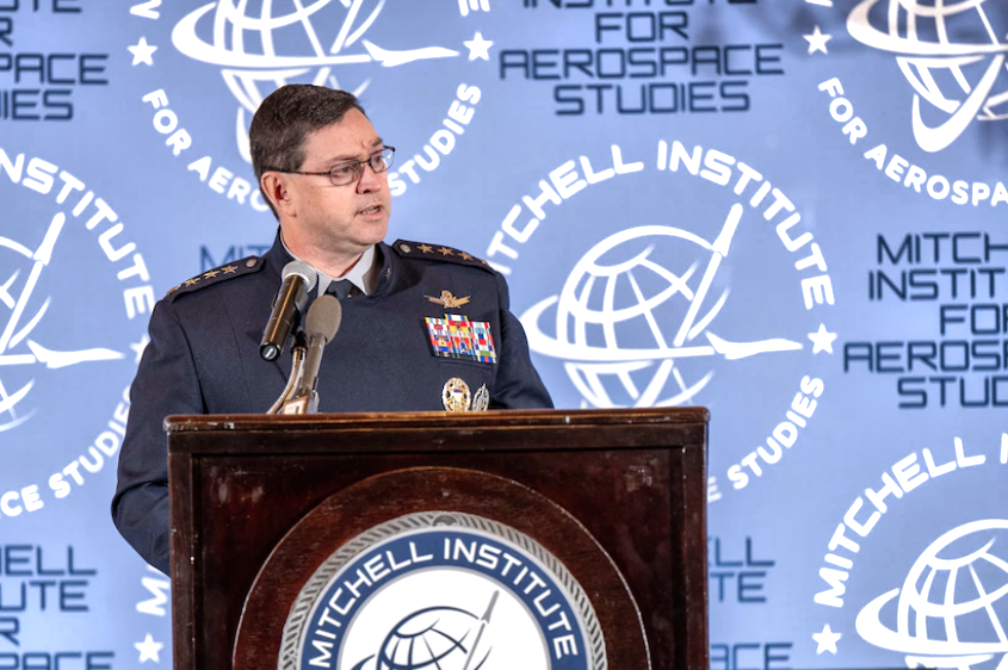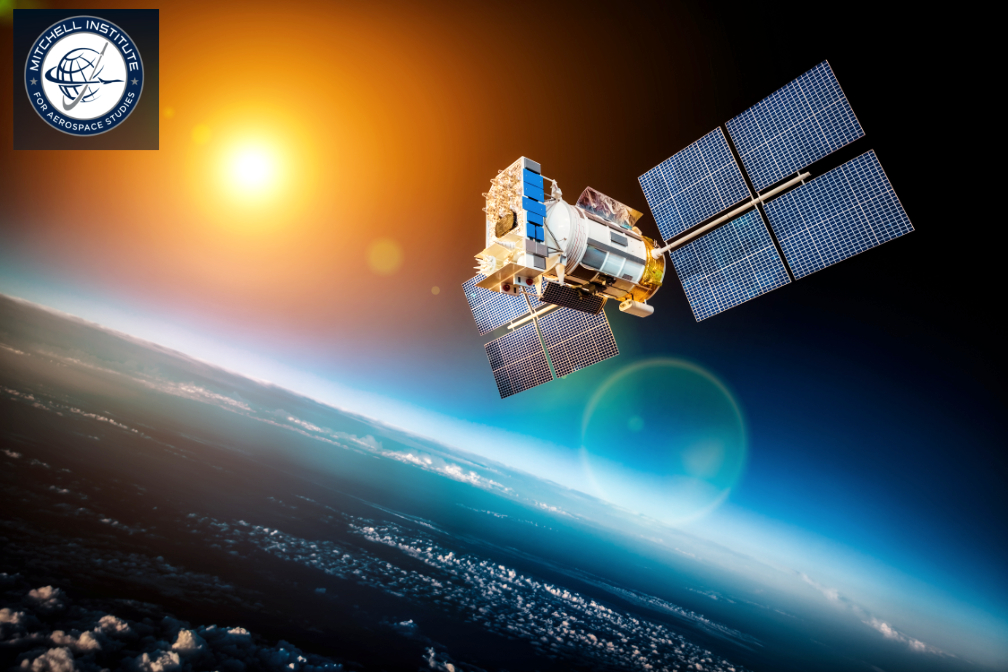
U.S. Space Force (USSF) Gen. Chance Saltzman, the chief of space operations for the USSF, presented his vision for responsibly ensuring U.S. space superiority amid increasing competition in the domain.

He underscored the dramatic rise in the use of space by competitors and the acceleration of hazards flooding the domain in recent years.
The U.S. now contends with an “incredibly sophisticated array” of threats, such as space-based GPS jammers, anti-satellite weapons (ASATs) and cyberattacks against U.S. ground stations and space assets, stating such during the opening keynote of the Spacepower Security Forum hosted by the Mitchell Institute for Aerospace Studies in Arlington, Virginia.

Saltzman also noted that both Russia and China are increasingly using space-based intelligence, surveillance and reconnaissance (ISR) capabilities to enhance targeting capabilities for their precision-guided munitions.
“Collectively, this rise in congestion and competition within the domain has led to a growing risk to our continued access to, and operation within, space,” Saltzman said. “In the face of this unacceptable risk, the Space Force was established a military service focused on addressing the challenges and opportunities we face in the space domain.”
Just as the Navy, Army and Air Force maintain U.S. superiority across the sea, land and air domains, Saltzman said the Space Force must set the conditions in space.
“For our service, space superiority is the first core function,” he said. “It is the ability to contest, and when necessary, control the space domain at the time and place of our choosing. We must protect our space capabilities, while also being able to deny an adversary the hostile use of its space capabilities.”
He said doing so requires a responsible, measured approach that ensures space remains safe, secure and stable long into the future.
“Only by pursuing space superiority in a disciplined way, can the Space Force ensure that the U.S. and our allies and partners have the peace we desire, and more specifically, that we can all access and exploit the space domain,” he said.
Those priorities are central to Space Force’s framework for success, which Saltzman described as “competitive endurance.”
Underpinning the framework is Space Force’s focus on avoiding operational surprise, denying potential adversaries’ capabilities to effectively strike in space and undertaking responsible counterspace campaigning.
“These three tenets guide Space Force activities and investments and posture us to protect U.S. interest without compromising the usability of the space domain,” Saltzman said. “If we can do these three things, that allows the joint force to effectively engage strategic rivals does not compromise the safety, security, stability long- sustainability of the domain. This is the logic of space superiority and why it is so critical to the joint force — because if we do not have space, we lose.”
Article author: Joseph Clark , Department of Defense
